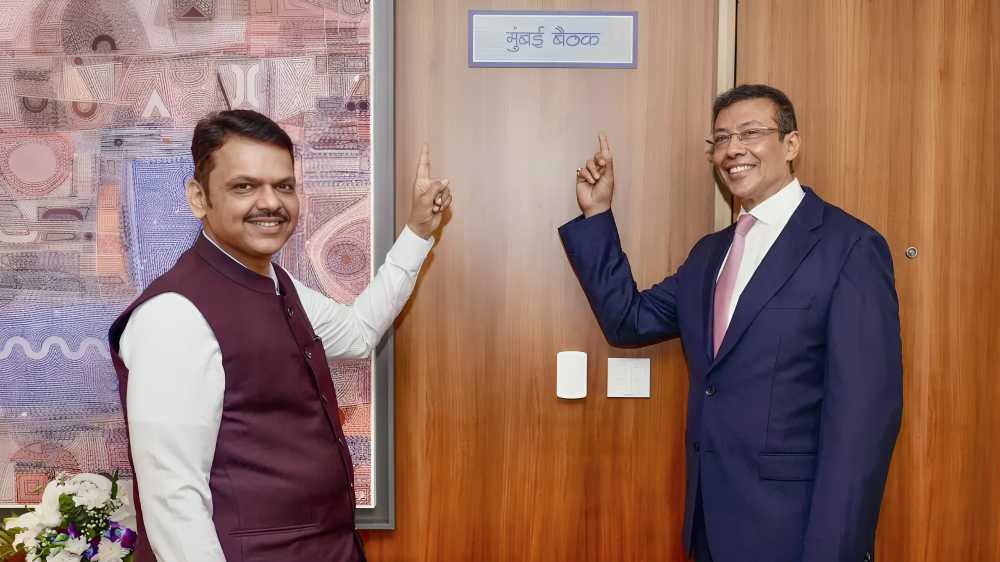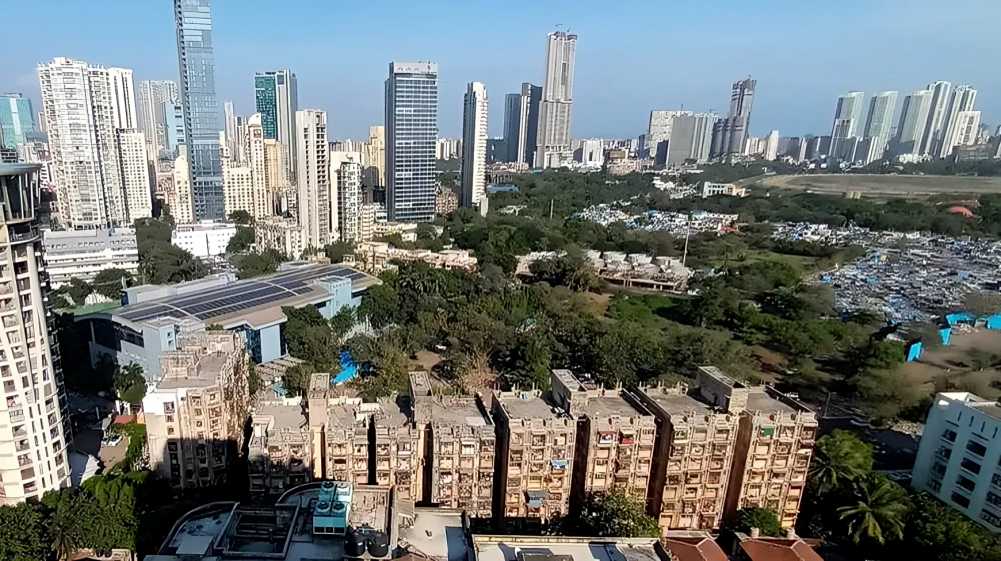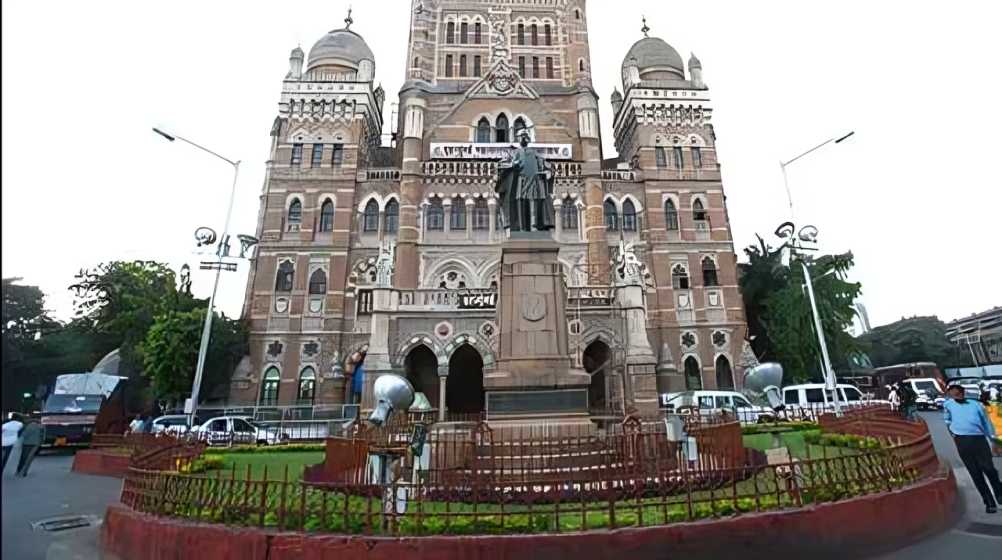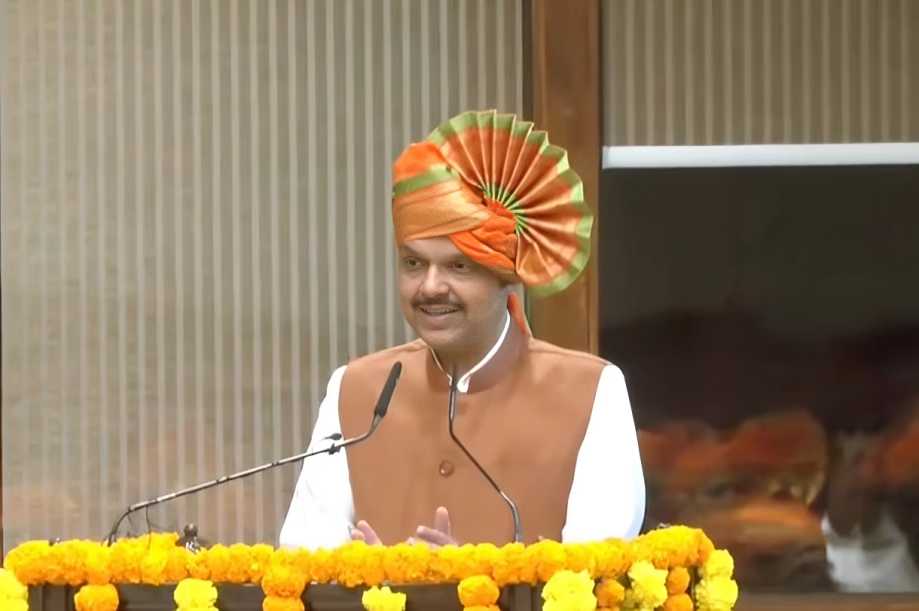August 21, 2025: Maharashtra is set to open a new chapter in its growth story with the creation of a ‘Third Mumbai’ in neighbouring Raigad district, Chief Minister Devendra Fadnavis announced on Monday. The ambitious project, he said, would ease pressure on the existing metropolitan region while positioning the state as a global hub of innovation and investment.
Fadnavis made the announcement while inaugurating the expanded office of investment banking major Goldman Sachs in Worli. Describing the development as “a matter of pride for the state”, he said it underscored Maharashtra’s skilled workforce, strong markets and investor-friendly climate. “This also highlights the state’s leadership in the financial sector,” he remarked.
The proposed city in Raigad will be designed to host international universities, medical colleges, innovation hubs and advanced research centres. Emerging fields such as quantum computing and artificial intelligence will form a key focus. “The state government is committed to building ‘Third Mumbai’ in partnership with the private sector,” Fadnavis said.
Connectivity, often the Achilles’ heel of large urban projects, is expected to be addressed with major infrastructure already under way. The Coastal Road, the Atal Setu sea bridge and the Worli–Sewri Link Road are all intended to ensure swift links between Mumbai and the new city.
Inviting private participation, the Chief Minister stressed the importance of public–private partnerships. He assured that clearances would be fast-tracked and any hurdles for investors resolved promptly. “Maharashtra is an investor-friendly state. We are continuously improving our ease-of-doing-business rankings,” he said.
The event also highlighted growing global interest in Maharashtra. Goldman Sachs leaders reaffirmed India’s importance, noting their new office was designed to foster innovation and collaboration.
With ‘Third Mumbai’ on the horizon, the state is betting on a transformative project that could redefine the metropolitan region’s economic and technological future.
Source: Times Now





